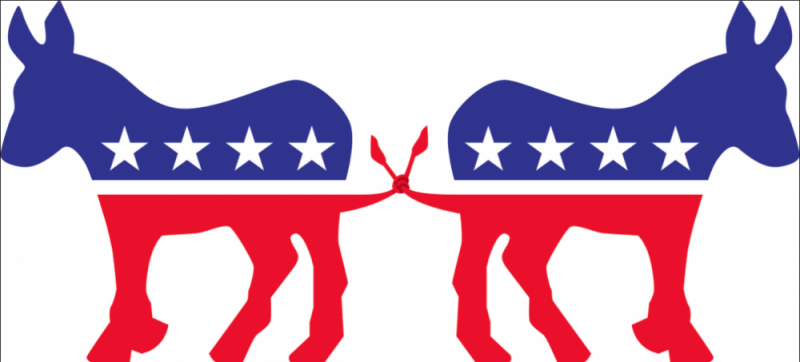Lesser-known candidates offer fresh insight and potential policy changes
3 min read
Time Magazine
By AUGUSTUS GROHMANN
Staff Writer
With the presidential primaries nearly a year away and the first debates nearly three months away, it feels as though we as a society are worrying too much over an issue that frankly, will not be affecting us for a long time to come. However, that has not prevented a variety of contenders, largely democratic, from looking into a potential bid for president. With fourteen Democrats going so far as to declare their candidacy, the ring is crowded.
Behind the big names of Bernie Sanders, Kamala Harris, Beto O’Rourke and Elizabeth Warren, many lesser-known candidates are struggling to be heard by the mainstream audience. However, we should still be interested in these less popular candidates who may possess the power to enact change.
A good example of this is Senator Bernie Sanders. His policies, regardless of how one feels about them, have become a focal point amongst current and potential democratic candidates. Although his stances on universal medicare and free tuition were once seen as fringe or unlikely to succeed, they have been discussed more and more since his 2016 campaign, despite failing to secure the nomination against Hillary Clinton. The Sanders campaign is not the first time an otherwise unsuccessful candidate has changed the game during election season.
In 1992, Reform candidate Ross Perot famously ran a campaign centered around balancing the federal budget, taking nearly 19 percent of the popular vote in the presidential election. Since then, the issue has been discussed by every subsequent presidential hopeful.
So, are there any new big issues in the current 2020 field? It’s hard to tell. However, there certainly are a number of unorthodox policy ideas, some of which have been gaining traction.
Although he is not officially declared, Democrat Pete Buttigieg has spoken out strongly against the electoral college, openly advocating for its abolishment. This issue, understandably, has gained a lot of traction amongst Democrats, who have lost two elections in the past twenty years by electoral college, even though they have won the popular vote. Calls for the abolishment of the electoral college became particularly vehement after Hillary Clinton’s loss to President Donald Trump in 2016.
Another idea fielded by a less-discussed Democratic hopeful is Julian Castro’s advocation for publicly funded pre-K education, announced at the launch of his career, another widely unknown cause with wide-ranging appeal.
Naturally, there have been some candidates that have fielded policies which appear entirely out of place, though have still managed to garner moderate support. A prime example of this is Andrew Yang’s “Freedom Dividend,” a one thousand-dollar, government supplied monthly source of income delivered to any and all United States citizens as a form of Universal Basic Income. Although seemingly bizarre, this idea has shown moderate levels of success when Finland underwent a two-year, small scale trial of the policy between 2017-2018. Test subjects reported lower stress levels and greatly improved feelings of financial security.
Another questionable proposal is Tulsi Gabbard advocating to end all American wars for regime change throughout the world. At first glance, the idea seemed rational. However, the stance is problematic when considering Gabbard’s refusal to site Bashar Al-Assad as an adversary. Moreover, she has unilaterally condemned any and all rebel groups in the country as “terrorists,” including those who the United States has supported in the past, a stance which could potentially destabilize the region.
Of course, all of these candidates are unlikely to succeed. While some of their proposals are intriguing and indicate to some degree what ideas the base of the party is amenable to, it’s unreasonable to expect the majority, or even any, of these policies to become main talking points in the Democratic Primaries, both now and going forward.
And who knows? If the past few years have taught us anything, it’s that Americans are starting to become more open to change.


